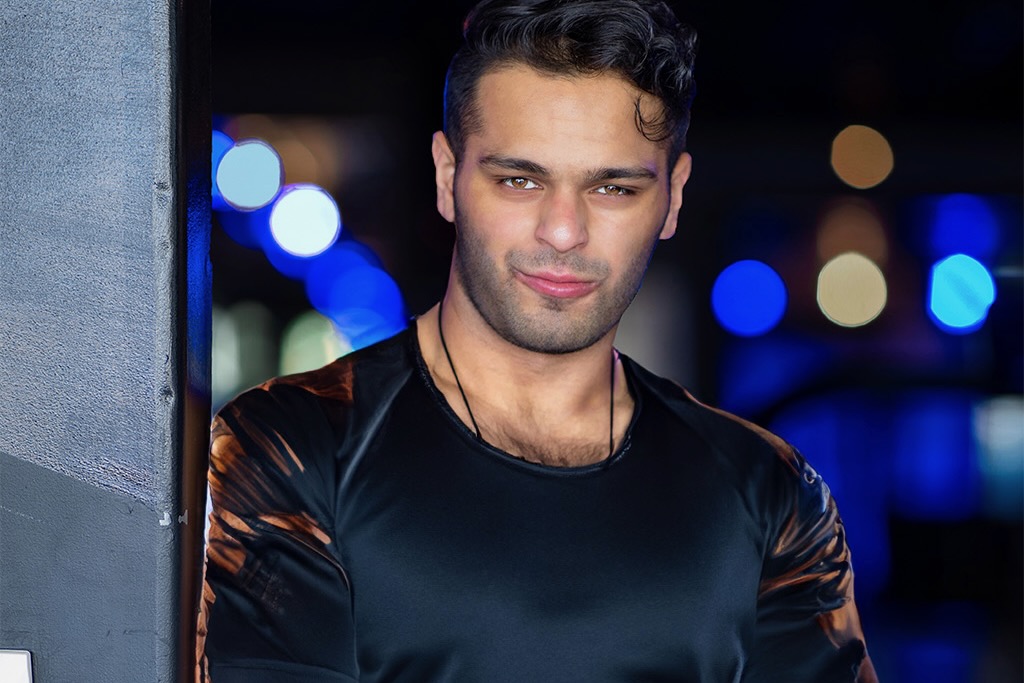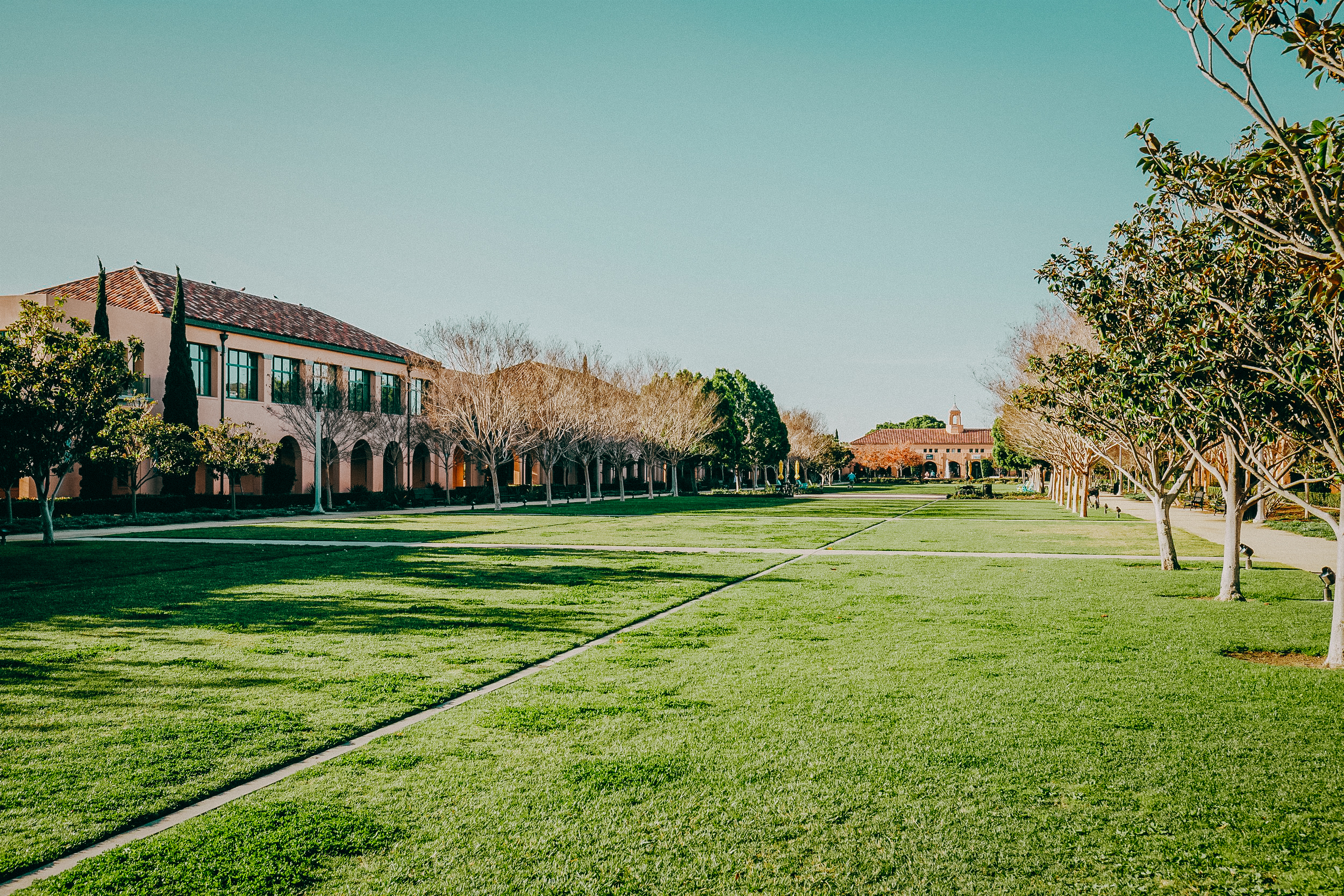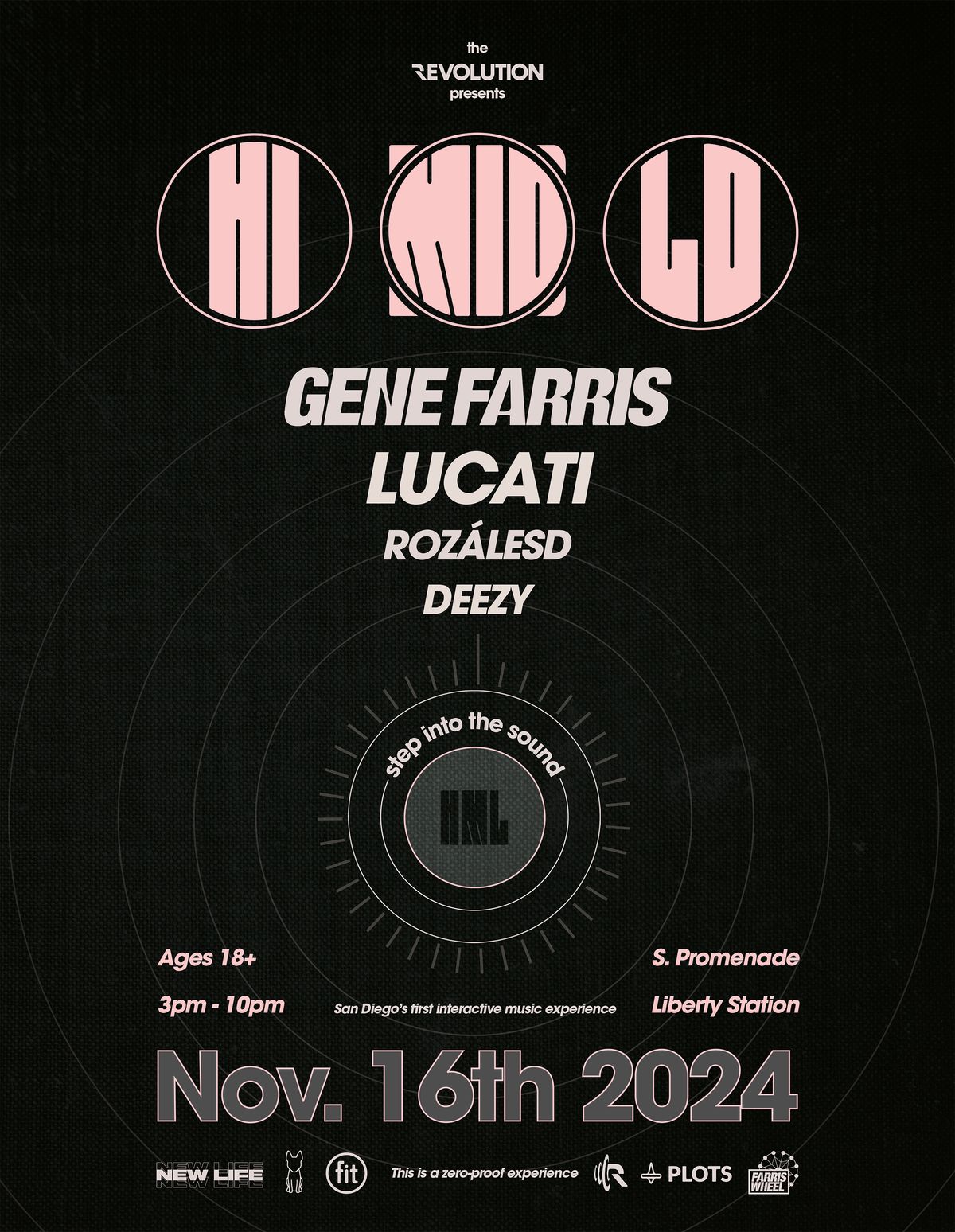In an electronic music landscape dominated by streams, clicks, and views on social media, it can be easy to feel like live events have become about anything but the music. Enter Revolution EDM, the burgeoning promoter that’s set to shake up San Diego’s dance music scene with its new flagship event series, HI-MID-LO.
Billed as “San Diego’s first interactive music experience,” the new house and techno party series is set to debut at the South Promenade at Liberty Station on November 16, piloting a fittingly revolutionary performance format that’s part collaborative DJ game show, part sunset sober rave, and part do-good charity outing.
It might sound like a radical change to the conventions of a time-honored clubbing tradition, but Revolution EDM founder and CEO Safi Jafri doesn’t consider it a revolution. Rather, as he explains to EDM Maniac via Zoom, he considers it “a return to form,” where raving is sustainable for fans and artists alike.
Even after his initial rave renaissance while attending college in San Francisco was derailed by the COVID-19 pandemic, Jafri fell deeply in love with house music, its culture, its history, and, in retrospect, its significance to his own cultural identity as a gay man.
“In high school, when you’re dealing with figuring out why you’re attracted to boys and all that bullshit and everything,” Jafri says, “you don’t even understand that house music actually has so much more of a cultural significance to you than you could ever realize.”
The genre and its early underground scene, pioneered by legendary DJs like Larry Levan in New York and Frankie Knuckles at The Warehouse in Chicago, began as a much-needed safe space for gay, Black men to congregate and express themselves through dance in the face of the abject danger of the AIDS epidemic and widespread anti-LGBTQ+ hostility and prejudice in the 1970s and 80s.
But as live music events like CRSSD eventually roared back to life in his hometown of San Diego and dance music’s post-pandemic boom picked up steam, Jafri increasingly found that his own present-day dancefloor experiences were far from the “beautiful culture” of house music he’d first uncovered, and set out to build Revolution and its flagship event as an answer to what he was missing.

Jafri points out that today, the very challenges that necessitated the advent of PLUR dance music culture in the U.S., like lack of access to harm reduction and the 2002 RAVE Act’s targeting of promoters in the DEA’s fight against MDMA, have largely vanished—and as dance music continues to become big business dominated by major promoters, that foundational dancefloor experience has too.
“Because those are of a bygone era, dance music is allowed to be so much more mainstream,” Jafri says. “But what happens when it’s more mainstream is that you end up losing the essence of why it really mattered—that it had to be tolerant, it had to be accepting. You had to be kind. You had to say ‘excuse me.’ You had to take care of people when you saw them in trouble.”
“What happens is that with dance music these days, the focus is so much less about the music and so much more about how many bottles can I sell?,” he continues. “How many tables can I sell at this club? How many videos can I get viral of another robot on a giant fifty, ninety, whatever-the-hell-foot screen I could think of to get more audience retention and virality on TikTok.”
HI-MID-LO is born out of this present-day disconnect, where the global electronic dance music industry, valued at $11.8 billion and highlighted as the fastest-growing genre on streaming and social media platforms in the latest IMS Business report, often fails to address the live event needs of its ever-growing number of fans and artists.
The event’s one-of-a-kind, family-game-night-style format aims to satisfy a fan desire for a music experience different from the cookie-cutter moments we see posted to social media ad-nauseam.
Four participating DJs—two headliners and two openers—combine their tracklists on one USB and declare a charity they’ll be playing for. Each artist is assigned a colored token and a host draws tokens at random to determine the first artist to begin mixing. From there, each DJ takes turns mixing in randomly assigned, eight-minute intervals, with no repeat tracks allowed.
At the end of three continuous, 33-minute rounds, audience members vote on the artist they feel they connected with most via Revolution’s trademarked “EDM Interactive” platform, and the crowned winner’s charity will see their donation—made by Revolution—doubled.
The other artists’ charities still receive their donations in full, and every artist also gets a chance to showcase their style in their own solo sets on either end of the main event.
Jafri says the format “facilitates the focus on the artist and the music, and really brings out an attentive level of exposure for that music,” in turn offering them a way to build or sustain their careers with the metric that matters most—audience retention.
“What we want to provide for artists is this ability in this area to basically say, ‘Hey, look, they’re actually here because of you. They’re here because they want to hear what you curated,’” Jafri says. “‘It doesn’t even have to be any of your hit songs. It doesn’t have to be anything that you make. You curate something that makes them move—that’s what’s gonna get you going with this crowd.’”
Revolution’s pilot HI-MID-LO event will see Chicago house legend Gene Farris, Los Angeles staple Lucati, and San Diego up-and-comers Deezy and RozálesD take on the challenge for the very first time, unfolding across a sprawling, open-air venue with a 360-degree stage setup and featuring a full production package complete with multiple light trusses, 20-watt lasers, and a Void Acoustics sound system.

All of this goes down in a “zero-proof” environment from 3PM to 10PM, where OG ravers can dive back into the live experience they loved and still get a good night’s sleep, and twenty-something newbies, many of whom are drinking less than ever, can find a rare music-first experience.
In the absence of alcohol, HI-MID-LO attendees can sip mocktail beverages from a compelling bar menu crafted by expert mixologists and grab gourmet bites from top area restaurant partners.
“I think there’s this growing movement of people that don’t want to feel like shit anymore and want to actually leave an event on a high that stays on a high when they wake up,” Jafri says. “You know, it’s that afterglow kind of feeling.”
“You listen to house music at the gym, you listen to house music in the car—I don’t think you’re drinking at the gym or the car,” he continues. “But why can’t you enjoy that same high just at an actual dancefloor, where you can actually hear a subwoofer rattle you a little bit?”
It’s all about creating a haven for the veterans and giving the next generation of house heads a choice in how they experience a booming dance music scene that has become an increasingly treacherous space to navigate for artists and fans, young and old.
In pursuit of this goal, Jafri hopes to bring back proper dancefloor vibes, akin to Michael Bibi’s no-phones show at DC-10 Ibiza last year or Daft Punk’s Alive 2007 tour “that he never got to go to.”
“I figure if I can bring those back to the dancefloor, I think that this current golden age that dance music is sort of beginning to really experience right now—I think it can last forever, but it just has to be sustainable for people,” he says.
The revolution will (also) be televised. The entire HI-MID-LO event will be filmed and published online in partnership with the FYM Agency—one of the biggest digital content strategists in dance music—taking shape as a quasi-TV game show where viewers are invited into the booth and can hear “mic’d-up” DJs collaborating on the decks.
“It’s giving humanity to the artists to where they feel like their craft is being appreciated,” Jafri says of the concept. “Because I think to this day even, you’ve still got people treating DJs—they either treat them like they’re these gods, or they’re these robots that do whatever you say—and are like, ‘Play Bad Bunny,’ at a random Layton Giordani show.”
It’s also part of Jafri’s plan to make Revolution a mainstay for meaningful music curation in both the real and digital worlds, including featuring guest DJ mixes on the brand’s Revolution Radio Soundcloud page, sharing curated playlists on Spotify, and crafting meaningful social media content that spotlights rising artists.
And with further goals to scale up to hosting monthly events in San Diego, diversify musical programming with bass music, and eventually expand to other cities, the revolution has just begun.
“Dancing without the bullshit. That’s how we kind of approach everything,” Jafri says. “It’s not ordinary, you know, it’s not anything you’ve seen before, but it still feels familiar.”
“We’re reinventing the dancefloor, but we’re bringing you back to what it was,” he continues. “And that was just the music. Come vibe. Experience it. Nothing else. You decide what everything else is.”
Tickets to Revolution EDM presents HI-MID-LO are now available here. For more information, check out Revolution EDM’s official Instagram page.
Featured image from Pexels.com.








